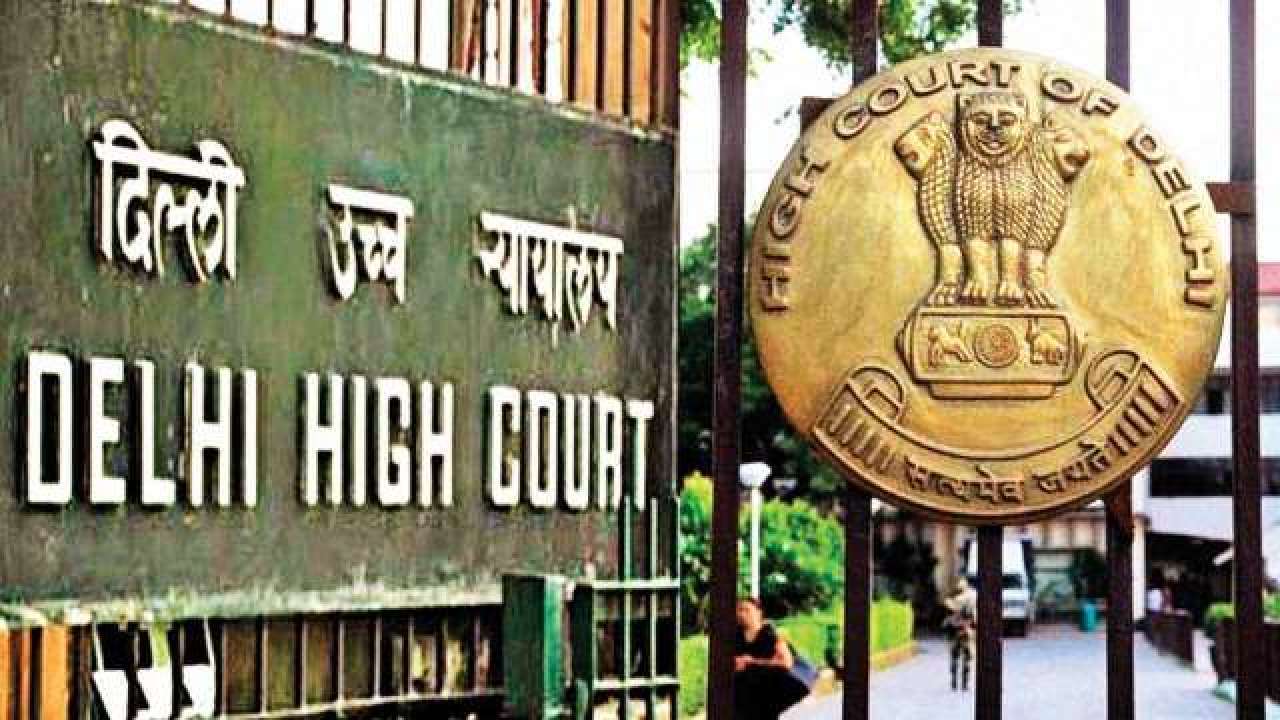Latest News
Judgement Analysis: Subhash Chandra Agrawal v. Office of the Attorney General of India 2015 SCC OnLine Del 7896

The present petition was filed by two petitioners following a letter from Central Public Information Officer (CPIO) addressed towards these two petitioners in separate RTIs filed by these to seek some information from the Attorney General of India’s (AGI) Office. The applications were filed by the petitioners to the office of AGI under the Right to Information Act to seek some information. But the same was rejected by saying that the AGI office has no CPIO as it didn’t fall under the RTI act. The same was challenged before the Central Information Commissioner challenging the order by the CIC. In another letter dated 29.01.2013 stated that as per the full Bench decision of the CIC, the AGI is not a “public authority” and not amenable by the RTI act. The petitioner, therefore, challenged the judgment of CIC and prayed for the issuing of appropriate orders regarding the RTIs filed by the petitioners seeking the information sought in those applications.
In the case, the bench of the High Court took notice of the impugned judgment by the CIC which was based on the previous ruling of Supreme Court Som Prakash Rekhi v. Union of India and Anr. (1981) 1 SCC 449 which laid down a distinction between whether an office be termed as an ‘Authority’ or not and whether it is a public office or not. The CIC interpreted it in a way that ruled the office of AGI not bound by the RTI act.
The petitioners in the present case took reference from the case of B. P. Singhal v. Union of India (2010) 6 SCC 331 and based their arguments on Article 88 of the Constitution of India which inscribes within the AGI some rights and duties and the Contempt of Court Act, 1971 that etch upon the AGI with statutory duties. Against these arguments, the respondent submitted that the office of AGI is sui generis in nature and can’t be termed as the authority under the bounds of the Supreme Court judgment in Sukhdev Singh v. Bhagatram (1975) 1 SCC 421 which termed an ‘authority’ as one which has the power to alter the relations and rights of others. The respondent’s counsel also weighed on the fact that the AGI office is a single-person office and it wouldn’t be feasible for holding it as ‘Public Authority’ as the same person holding the same office as CPIO and AGI would not be practicable.
However, the bench took notice of Section 2(h) of the RTI Act, which describes the public authority as one which is an:
“institution of self-government established or constituted-
(a) by or under the Constitution;
(b) by any other law made by Parliament;
(c) by any other law made by State Legislature……”
The court besides also referred to Article 76 of the Constitution of India which describes the appointment of AGI. Following this the bench took notice of the fact that the AGI has the right to move a motion in case of criminal contempt before the Supreme Court, the mandate of the AGI to perform the constitutional functions, is an ex-officio member of Bar Council of India and leader of the bar. The court also took notice of the Law Officer (Condition of Services) Rules, 1987 set under the proviso under Article 309 of the Constitution of India.
The court thereby held the AGI as the Constitutional Functionary, but based on the petitioner’s arguments refrained from terming the AGI office as a ‘Public Authority’. But the court continued to say that the Section 2(h) of the RTI Act which talks about the ‘Public Authority’ can’t be interpreted in a limited or restrictive way just because the duty is advisory in nature as it not less authoritative in nature than any other constitutional functionaries and the Article 76(2) of the Constitution expressly provides that the AGI would perform the duties of a legal character and also discharge the functions conferred on him under the Constitution. The court specifically disregarded the decisions of the Supreme Court in Sukhdev Singh and Som Prakash Rekhi case as the questions were major to determine the offices’ consideration as ‘other authorities’ under Article 12 of the Constitution and not the RTI. However, the court regarded the functions of the AGI in nature of the public functions in virtue of Article 76(2) of the Constitution and regarded B. P. Singhal's judgment to declare the office of AGI as public office.
Document:



































































































